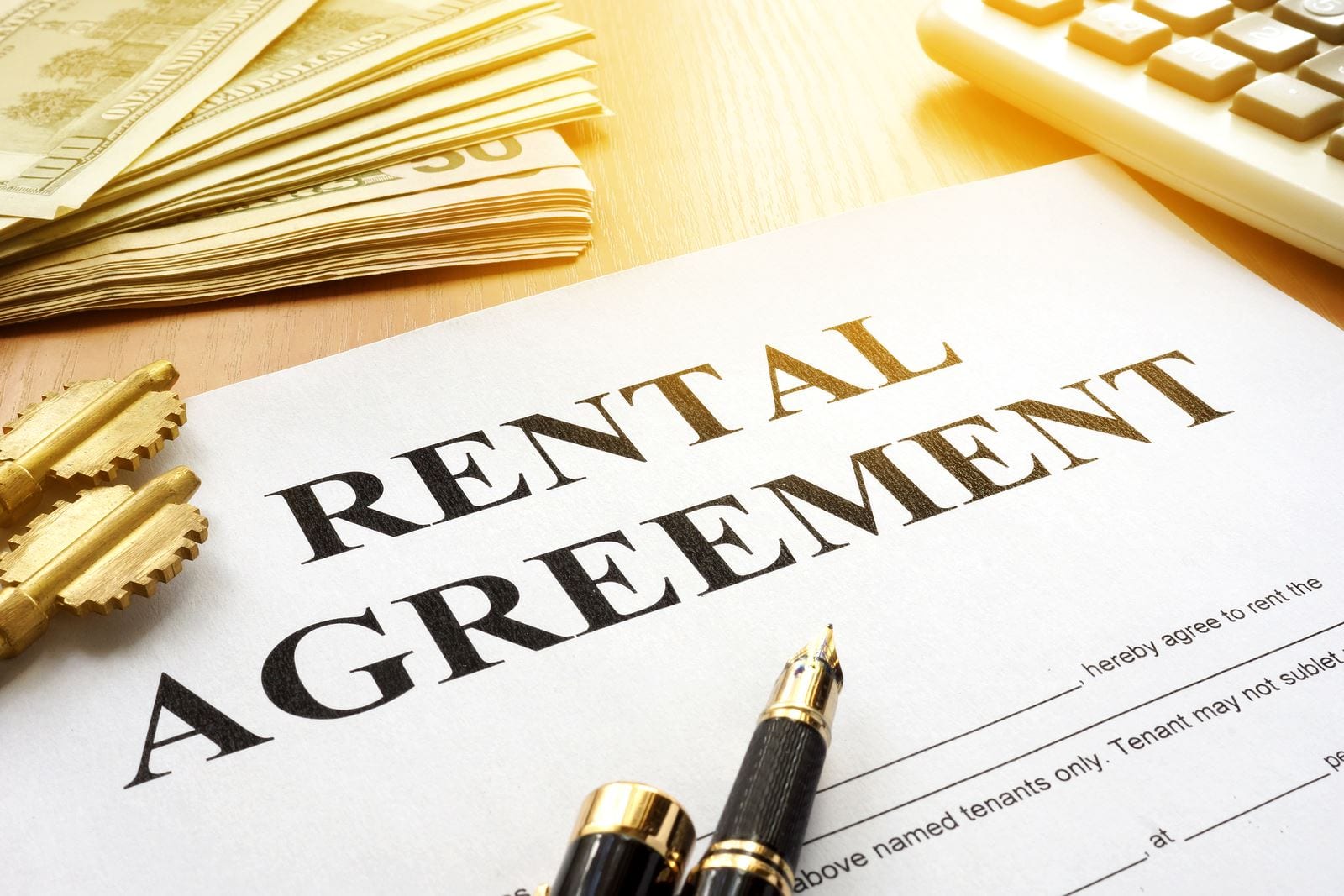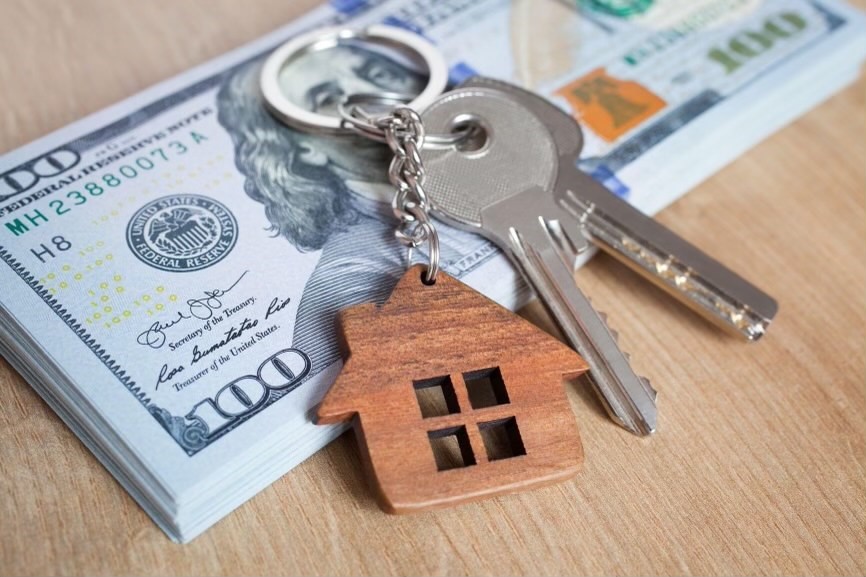Contact Info
- Tbilisi, Georgia
- +995 595 85 85 96
- [email protected]
- Office Hrs: Today 10.00am to 6.00pm
Georgia is a state known for its vibrant cities, breathtaking landscapes, and rich history. If you are planning to rent a property in Georgia, it is important to familiarize yourself with the rental market, laws, and regulations to ensure a smooth and hassle-free experience. This comprehensive guide will provide you with everything you need to know when renting in Georgia.
Georgia’s rental market offers a diverse range of options, from apartments and townhouses to single-family homes. The rental prices vary depending on the location and type of property. In popular cities like Atlanta and Savannah, rental rates may be higher compared to smaller towns and rural areas. It is advisable to research the local rental market to gain a better understanding of the average prices and availability.

Georgia has specific laws and regulations to protect the rights of both tenants and landlords. It is crucial to familiarize yourself with these laws to ensure a fair and lawful rental agreement. According to Georgia law, landlords are required to provide safe and habitable living conditions, maintain necessary repairs, and give proper notice before entering the rented premises. Tenants are responsible for paying rent on time, maintaining the property’s cleanliness, and reporting any damages to the landlord promptly.
Before signing a lease agreement, potential tenants are typically required to complete a rental application. This process helps landlords assess the applicant’s suitability as a tenant. The application might include personal information, employment history, references, and a credit check. It is essential to provide accurate information and be prepared to pay an application fee, which is typically non-refundable.
As a tenant in Georgia, it is essential to consider a few key factors. Firstly, thoroughly review the lease agreement before signing it and clarify any unclear terms with the landlord. Additionally, understand your rights and responsibilities as a tenant, including the obligation to pay rent on time and abide by the terms of the lease. It is crucial to maintain a positive relationship with your landlord and promptly communicate any concerns or issues.
Georgia landlords have specific responsibilities to ensure a safe and habitable living environment for their tenants. These responsibilities include maintaining the property’s structural integrity, ensuring essential utilities are in working order, and addressing necessary repairs within a reasonable timeframe. Landlords must also respect tenants’ privacy rights and provide proper notice before entering the rented premises.
Georgia provides several rights and protections to tenants. One of the most important rights is the right to a habitable living space. Tenants have the right to withhold rent or terminate the lease if the landlord fails to provide necessary repairs. Additionally, tenants have the right to protect their privacy and can refuse entry to the landlord without proper notice. Familiarize yourself with these rights to ensure you are protected during your tenancy.
The rental agreement, also known as the lease, is a legally binding contract between the tenant and landlord. It is essential to carefully review the agreement and understand its key terms and clauses before signing. The lease should include information such as the duration of the tenancy, the amount of rent, the responsibilities of both parties, and any restrictions or rules that apply to the rental property.

In Georgia, landlords commonly require a security deposit from tenants. This deposit serves as protection for the landlord in case of unpaid rent or damages beyond normal wear and tear. By law, landlords must return the security deposit within one month of the lease termination, along with an itemized list of any deductions made. It is advisable for tenants to document the condition of the property upon moving in and communicate any damages to the landlord to avoid disputes over the security deposit.
Maintaining the property’s habitability is the responsibility of both the landlord and the tenant. Landlords must address necessary repairs within a reasonable timeframe and ensure the property meets all safety and health standards. Tenants, on the other hand, are expected to promptly report any damages or repairs needed and keep the rental property clean and sanitary.
When the initial lease term is nearing its end, both the tenant and landlord have options for lease renewal or termination. To renew the lease, both parties need to agree on the revised terms and sign a new agreement. If termination is desired, the lease should specify the required notice period. Georgia law does not mandate a specific notice period for lease termination, so it is essential to refer to the lease agreement for the specific terms.
In the unfortunate event of a dispute between the tenant and landlord, it is advisable to try resolving the issue through open communication. If a resolution cannot be reached, legal action may be necessary. The eviction process in Georgia requires landlords to follow specific legal procedures and provide proper notice to the tenant. Tenants have the right to defend against unjust evictions and seek legal aid if needed.
Several resources and support systems are available for renters in Georgia. Organizations such as Georgia Legal Aid and the Georgia Department of Community Affairs provide valuable information and assistance regarding rental rights, fair housing, and dispute resolution. These resources can be essential in navigating the rental process and resolving any issues that may arise.
Renting a property in Georgia can be an exciting and rewarding experience. By understanding the rental market, laws, and regulations, tenants can ensure a smooth and mutually beneficial relationship with their landlords. It is crucial to stay informed about your rights and responsibilities as a tenant, and to seek assistance from relevant resources whenever needed. With proper knowledge and preparation, renting in Georgia can be a positive and enjoyable experience for all parties involved.

The company https://expatservice.ge/ offers immigration and real estate services to foreigners immigrating to Georgia. The company offers a variety of services, including: Immigration services: assistance with visa and residency applications, work permits and other immigration documents Real estate services: assistance in finding real estate and renting houses, price negotiation and complete legal documents for purchase Business services: assistance To start a business in Georgia, including obtaining a business license and registration with the government. Other services: help in finding a job, opening a bank account and obtaining a residence in Georgia.


Leave A Comment